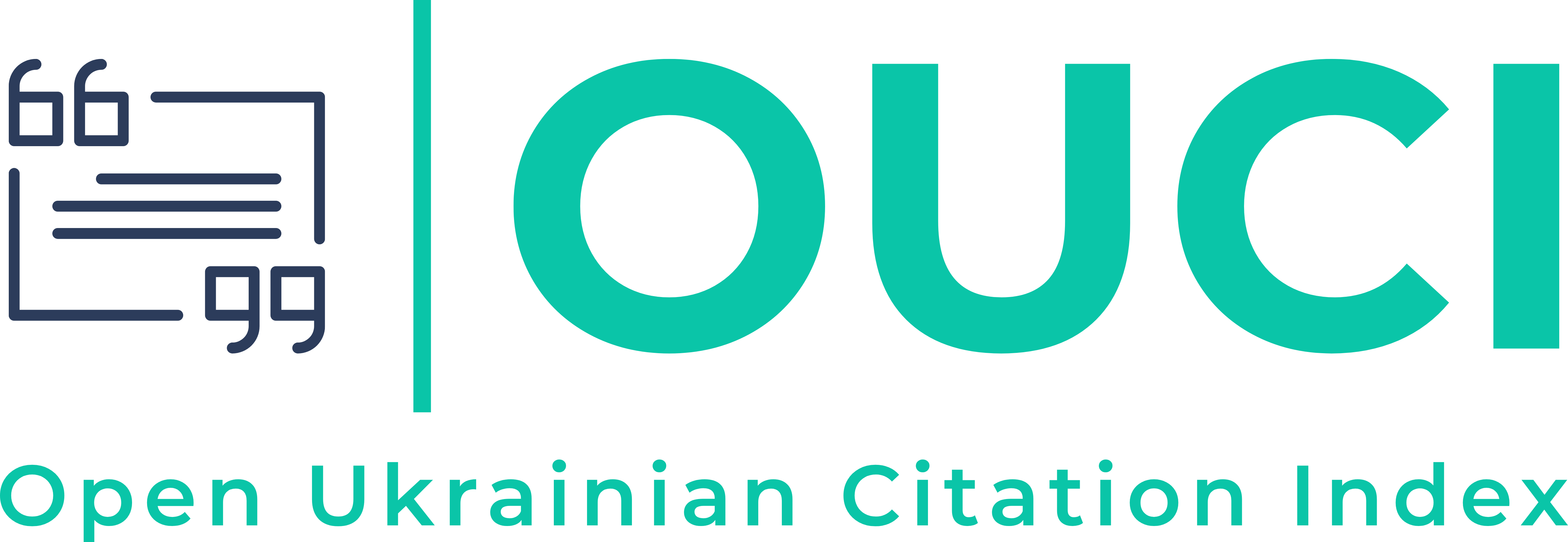Analysis of Grassroots Grid-based Governance in the Context of Big Data
Abstract
This study evaluates the feasibility and optimization mechanisms of grid-based grassroots governance in China under the influence of big data technologies. By integrating a four-layer governance simulation model—comprising infrastructure, data support, application support, and service layers—with stratified community sampling in Hangzhou, the research adopts a mixed-methods approach combining SPSS, ArcGIS, AnyLogic, and NVivo analyses. Findings reveal that grid-based governance significantly improves infrastructure provision, data accuracy, service responsiveness, and community satisfaction. The model facilitates more efficient policy implementation, enhances party-building integration, and strengthens localized service delivery. This study concludes that grid-based governance, supported by institutional alignment and big data, offers a scalable and human-centered solution for modernizing grassroots administration in China.
Downloads
References
Atha, K., Callahan, J., Chen, J., Drun, J., Green, K., Lafferty, B., McReynolds, J., Mulvenon, J., Rosen, B., & Walz, E. (2020). China's Smart Cities Development. SOS International LLC.
Awasthi, P., & Walumbwa, F. O. (2022). Antecedents and consequences of servant leadership in local governance: Evidence from three case studies. Public Administration Review, 82(6), 1077-1094. https://doi.org/10.1111/puar.13552
Bhowmick, A., & Seetharaman, A. (2024,February). Influence of Technology Skills, Digital Infrastructure, and Data Integration on Artificial Intelligence in Product Development. In 2024 10th International Conference on Automation, Robotics and Applications (ICARA)(pp.411-418).IEEE.
Caragliu, A., & Del Bo, C. F. (2019). Smart innovative cities: The impact of Smart City policies on urban innovation. Technological Forecasting and Social Change, 142, 373-383. https://doi.org/ 10.1016/j.techfore.2018.07.022
Do, H. H., & Frör, O. (2022). River ecosystem resilience: applying the contingent valuation method in Vietnam. Sustainability, 14(19), 12029. https://doi.org/10.3390/su141912029
Forbes-Mewett, H., Hegarty, K., & Wickes, R. (2022). Regional migration and the local multicultural imaginary: the uneasy governance of cultural difference in regional Australia. Journal of ethnic and migration studies, 48(13), 3142-3159. https://doi.org/ 10.1080/1369183X.2021.1915120
Gao, Y., & Cartier, C. (2024). The grid process: spatializing local governance in China. Eurasian Geography and Economics, 65(4), 516-541. https://doi.org/ 10.1080/15387216.2022.2145982
Han, Q. (2024). Dual-track Co-governance: The Governance Practice in Transitional Community. Journal of Southwest University Social Science Edition, 50(3), 53-65. https://doi.org/ 10.13718/j.cnki.xdsk.2024.03.005
Heberer, T., & Senz, A. (2011). Streamlining local behaviour through communication, incentives and control: a case study of local environmental policies in China. Journal of Current Chinese Affairs, 40(3), 77-112. https://doi.org/10.1177/18681026110400030
Huang, M., Yu, Z., Yang, R., & Zhang, N. (2020). Understanding the Linkage Among the Diffident IT Artifacts in Public Administration: An Evidence on Smart City Pilot Program and Government Website Performance in China. In PACIS 2020. https://aisel.aisnet.org/pacis2020/126
Jackson, S. F., Morgan, G. T., Gloger, A., Luca, S., Cerda, E., & Poland, B. (2023). Relationships are everything: the underpinnings of grassroots community action in the COVID-19 pandemic in Toronto. Cities, 134, 104163. https://doi.org/ 10.1016/j.cities.2022.104163
Johnson, C., Osuteye, E., Ndezi, T., & Makoba, F. (2022). Co-producing knowledge to address disaster risks in informal settlements in Dar es Salaam, Tanzania: pathways toward urban equality? Environment and Urbanization, 34(2), 349-371. https://doi.org/ 10.1177/09562478221112256
Krick, E. (2022). Citizen experts in participatory governance: Democratic and epistemic assets of service user involvement, local knowledge and citizen science. Current Sociology, 70(7), 994-1012. https://doi.org/ 10.1177/0011392121105922
Kruks-Wisner, G. (2022). Social brokerage: accountability and the social life of information. Comparative Political Studies, 55(14), 2382-2415. https://doi.org/ 10.1177/0010414022108964
Li, H., & Ergenc, C. (2024). Party-led public participation in neighborhood governance: a comparative analysis of two forms of social networks. Journal of Chinese Governance, 9(1), 130-152. https://doi.org/10.1080/23812346.2023.2238329
Liu, W., Shen, F., & Zhao, D. (2022). Analysis of local governments’ marine governance efficiency using a spatiotemporal coupling coordination model: a case study of coastal cities in Liaoning Province, China. Computational Urban Science, 2(1), 32. https://doi.org/ 10.1007/s43762-022-00062-x
Liu, X., Zhao, C., & Song, W. (2017). Review of the evolution of cultivated land protection policies in the period following China’s reform and liberalization. Land Use Policy, 67, 660-669. https://doi.org/10.1016/j.landusepol.2017.07.012
Marks-Krzyszkowska, M., Dzwonkowska-Godula, K., & Miklaszewska, A. (2022). Types of rural residents in Central Poland in terms of their local participation: The perspectives of the local authorities and the inhabitants. Sustainability, 14(20), 13512. https://doi.org/10.3390/su142013512
Mittelstaedt, J. C. (2022). The grid management system in contemporary China: Grass-roots governance in social surveillance and service provision. China Information, 36(1), 3-22. https://doi.org/10.1177/0920203X211011565
Muenratch, P., & Nguyen, T. P. L. (2022). Local governance of groundwater resources through the lens of stakeholders in the context of state-led management in the lower Mekong region. Water, 14(19), 3043. https://doi.org/10.3390/w14193043
Plano Clark, V. L. (2017). Mixed methods research. The Journal of Positive Psychology, 12(3), 305-306. https://doi.org/10.1080/17439760.2016.1262619
Qi, X., & Han, S. (2022). The way toward sustainability: policy attention evolution of Chinese local governments to promote entrepreneurship of returnees based on grounded theory and social network analysis. Sustainability, 14(20), 13283. https://doi.org/10.3390/su142013283
Sæbø, Ø., Rose, J., & Flak, L. S. (2008). The shape of eParticipation: Characterizing an emerging research area. Government information quarterly, 25(3), 400-428. https://doi.org/ 10.1016/j.giq.2007.04.007
Sahamies, K., Haveri, A., & Anttiroiko, A.-V. (2022). Local governance platforms: Roles and relations of city governments, citizens, and businesses. Administration & society, 54(9), 1710-1735. https://doi.org/10.1177/00953997211072531
Schrage, J., & Kjærås, K. (2022). How do cities challenge patterns of demand? Characterising the local governance of climate change in Nordic cities. Environment and Planning C: Politics and Space, 40(7), 1473-1491. https://doi.org/ 10.1177/23996544221083238
Shen, L. (2022). The Trend of Grid-Based Urban Grassroots Governance: Influencing Factors, Operational Mechanisms, and Path Choices—A Qualitative Comparative Analysis Based on 15 District-Level Units Across the Country. In Proceedings of the 2022 6th International Seminar on Education, Management and Social Sciences (ISEMSS 2022) (pp. 696–710). https://doi.org/ 10.2991/978-2-494069-31-2_85
Sibbing, L. V., Duncan, J., Arcuri, S., Galli, F., & Bock, B. B. (2022). Assessing what food policies lead to on the ground: exploring opportunities and challenges of the MUFPP indicator framework. Agroecology and Sustainable Food Systems, 46(9), 1414-1439. https://doi.org/ 10.1080/21683565.2022.2106007
Song, K., Chen, Y., Duan, Y., & Zheng, Y. (2023). Urban governance: A review of intellectual structure and topic evolution. Urban Governance, 3(3), 169-185. https://doi.org/ 10.1016/j.ugj.2023.06.001
Sultana, R., Birtchnell, T., & Gill, N. (2022). Grassroots innovation for urban greening within a governance vacuum by Slum Dwellers in Dhaka. Sustainability, 14(18), 11631. https://doi.org/10.3390/su141811631
Tu, S., & Long, H. (2017). Rural restructuring in China: Theory, approaches and research prospect. Journal of Geographical Sciences, 27, 1169-1184. https://doi.org/ 10.1007/s11442-017-1429-x
Howell, K. (2021). Affordable Housing Preservation in Washington, DC: A Framework for Local Funding, Collaborative Governance and Community Organizing for Change (1st ed.). Routledge. https://doi.org/10.4324/9780429319129
Verhoeven, I., Spruit, S., van de Grift, E., & Cuppen, E. (2022). Contentious governance of wind energy planning: strategic dilemmas in collaborative resistance by local governments and citizen action groups. Journal of Environmental Policy & Planning, 24(6), 653-666. https://doi.org/ 10.1080/1523908X.2021.2023354
Wu, Q., Zhou, Y., Yuan, Y., Chen, X., & Liu, H. (2024). Can consumer big data reveal often-overlooked urban poverty? Evidence from Guangzhou, China. Computers, Environment and Urban Systems, 113, 102158. https://doi.org/10.1016/j.compenvurbsys.2024.102158
Yang, Y., Tian, Y., Peng, X., Yin, M., Wang, W., & Yang, H. (2022). Research on environmental governance, local government competition, and agricultural carbon emissions under the goal of carbon peak. Agriculture, 12(10), 1703. https://doi.org/10.3390/agriculture12101703
Ying, L. (2023). Reducing Burden and Empowering: Discussion on Digital Transformation Path of Grass-roots Governance. The Frontiers of Society, Science and Technology, 5(8). https://doi.org/10.25236/FSST.2023.050803
Yue, X. (2021). The Realistic Dilemma and Reconstruction of Basic Grid Social Governance. In 2021 5th International Conference on Education, Management and Social Science (EMSS 2021). https://doi.org/10.25236/emss.2021.020
Zhou, T. (2022). Central–Local Relations in Land Planning Governance in Contemporary China: A Review from the Structural, Process, and Cultural Perspectives. Land, 11(10), 1669. https://doi.org/10.3390/land11101669
Zhu, R., Liu, M., Long, L., & Huo, C. (2022). Environmental regulation, political connections, and corporate green investment. Sustainability, 14(20), 13357. https://doi.org/10.3390/su142013357

















